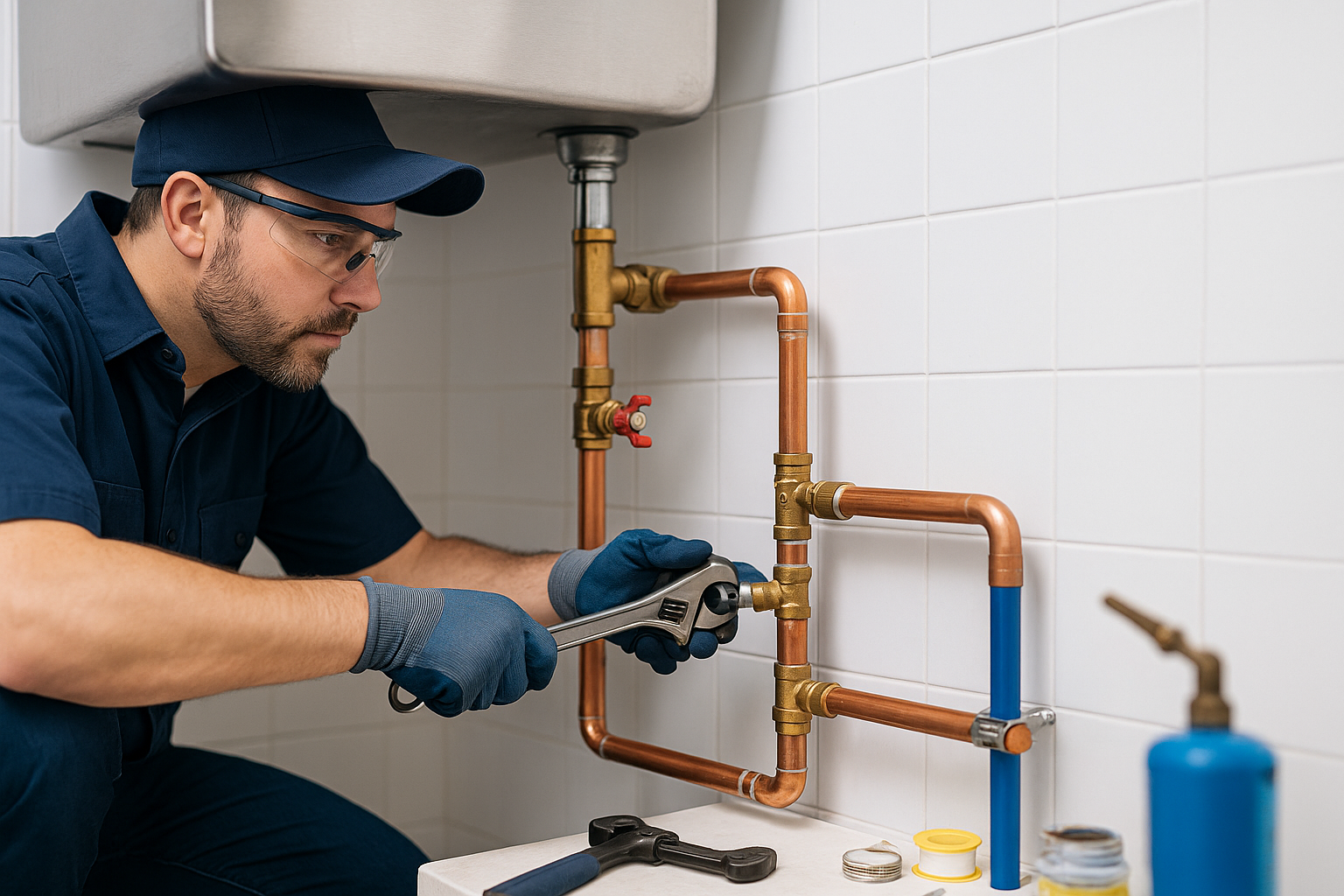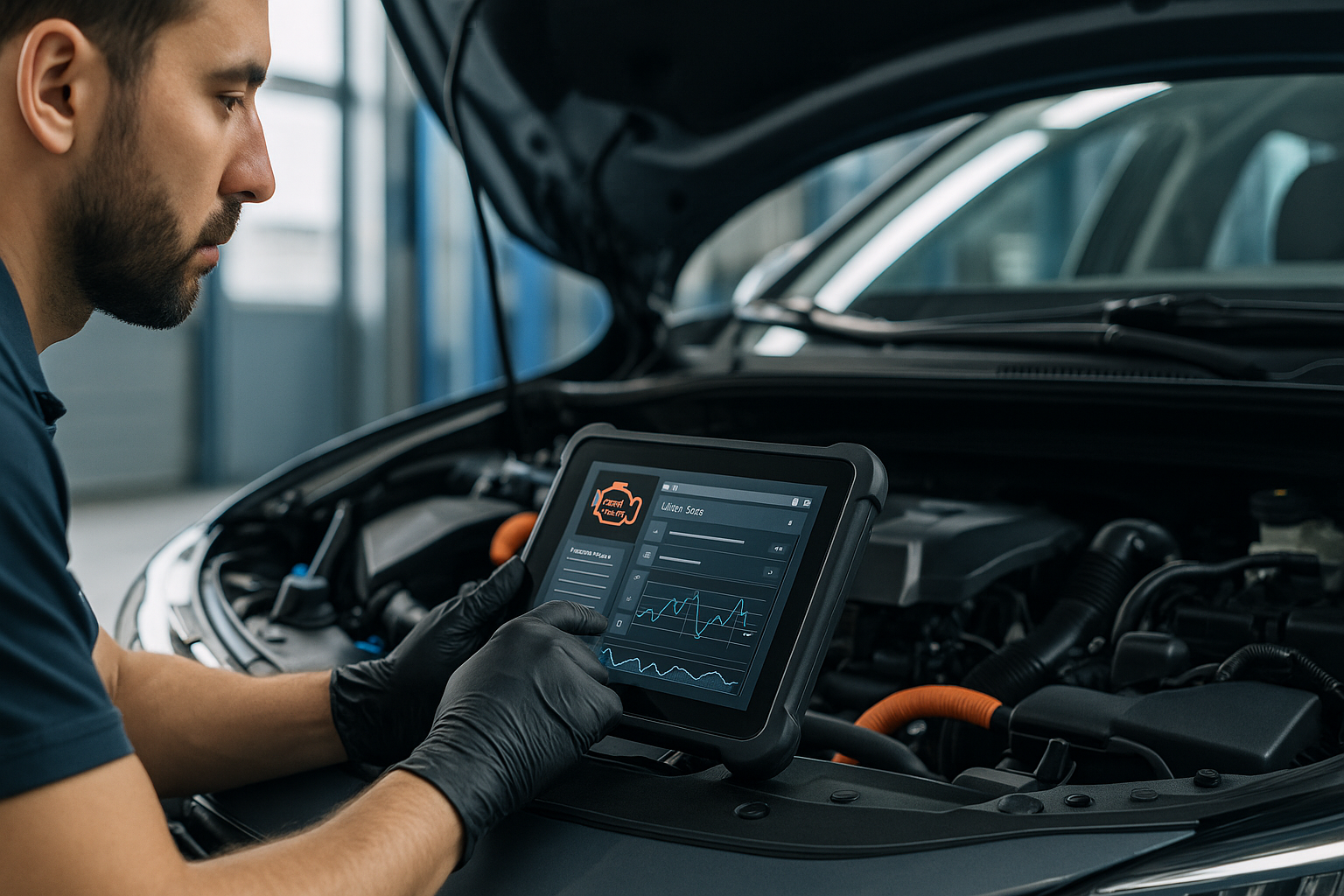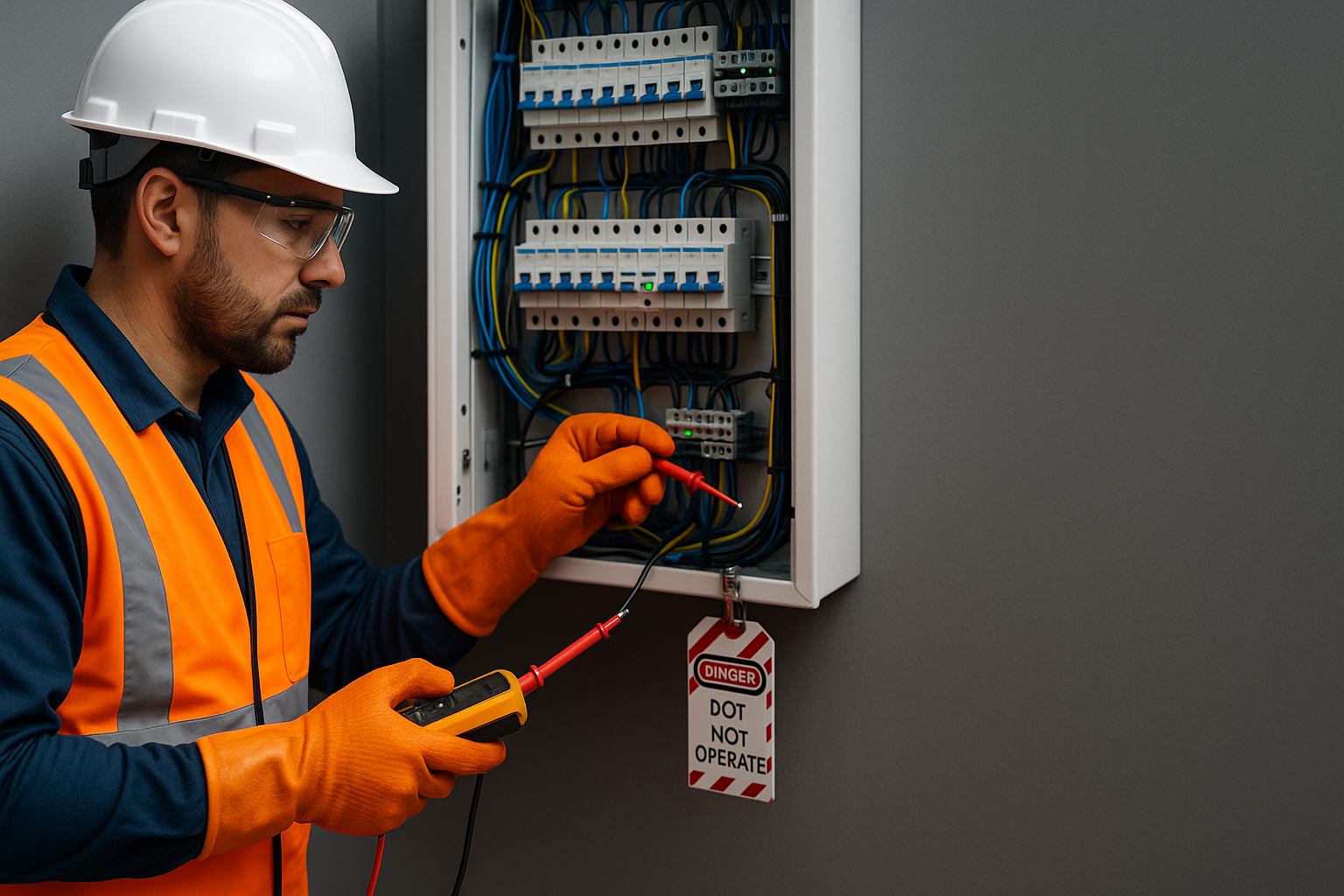Plumbing Career Opportunities: What to Expect in 2025 and Beyond
Plumbing is one of the most essential and recession-resistant careers in the skilled trades. As the saying goes, “Nobody has ever built a civilization without plumbing.” From ensuring clean water supply to managing waste removal, plumbers are critical to public health and modern living. With strong demand, competitive wages, and diverse career paths, plumbing offers exceptional opportunities for those entering the trades.
Why Plumbing is an Evergreen Career
Market Drivers
Multiple factors ensure continued demand for plumbers:
- Population growth requiring new construction
- Aging infrastructure needing replacement and repair
- Water conservation mandates driving fixture upgrades
- Green building standards requiring specialized knowledge
- Retiring workforce creating opportunity gaps
Career Stability
Plumbing offers unparalleled job security because:
- Every building requires plumbing systems
- Emergencies can’t wait (burst pipes, sewage backups)
- Code compliance requires licensed professionals
- Regular maintenance is essential
- Skills are not outsourceable or automatable
Plumbing Career Paths
Entry-Level Positions
- Plumber’s Helper: $28,000-$38,000 annually
- Apprentice Plumber: $35,000-$48,000 annually
- Residential Service Plumber: $40,000-$55,000 annually
Journeyman Level
- Commercial Plumber: $50,000-$72,000 annually
- Service Technician: $48,000-$68,000 annually
- Industrial Plumber: $55,000-$75,000 annually
Master Plumber and Beyond
- Master Plumber: $65,000-$95,000 annually
- Plumbing Contractor: $75,000-$150,000+ annually
- Plumbing Inspector: $55,000-$85,000 annually
- Estimator/Project Manager: $70,000-$110,000+ annually
Specialization Opportunities
Service Types
Residential Plumbing
- New construction rough-in and finish work
- Remodeling and renovation projects
- Emergency service and repairs
- Water heater installation and maintenance
- Fixture installation and upgrades
Commercial Plumbing
- Office buildings and retail spaces
- Restaurants and hospitality
- Healthcare facilities
- Educational institutions
- Multi-family housing complexes
Industrial Plumbing
- Manufacturing facility process piping
- Chemical plant systems
- Food processing facilities
- Pharmaceutical operations
- Power generation plants
Specialized Fields
Medical Gas Installation
- Hospital oxygen and medical air systems
- Surgical suite installations
- Vacuum system installation
- Specialty certifications required
- Premium compensation
Fire Protection Systems
- Sprinkler system design and installation
- Fire hydrant and standpipe systems
- Backflow prevention
- Inspection and testing
- NICET certification pathways
Water Treatment
- Water softener installation
- Filtration system design
- Reverse osmosis systems
- Well pump installation
- Water quality testing
Green Plumbing
- Rainwater harvesting systems
- Graywater recycling
- Solar water heating
- High-efficiency fixtures
- LEED certification projects
Education and Training Requirements
Training Pathways
- Trade school programs: 6 months to 2 years
- Apprenticeship programs: 4-5 years (8,000-10,000 hours)
- Community college programs: 2 years
- Military plumbing training: Varies by service
Licensing Requirements
Most states require plumber licensing:
- Apprentice License: Entry-level, supervised work
- Journeyman License: Independent work capability
- Master Plumber License: Can pull permits and supervise
- Contractor License: Required to run plumbing business
Important Certifications
- Backflow Prevention Certification
- Medical Gas Installer Certification
- OSHA Safety Training
- Green Plumber Certification
- Welding Certifications (for pipe work)
What Makes a Successful Plumber
Technical Skills
- Understanding of plumbing codes and regulations
- Knowledge of water pressure and flow dynamics
- Pipe fitting and installation techniques
- Troubleshooting and diagnostic abilities
- Blueprint reading and interpretation
Mathematical Competency
- Pipe sizing calculations
- Slope and grade determination
- Pressure and flow calculations
- Material estimation
- Job costing and bidding
Physical Requirements
- Ability to lift heavy materials (pipes, fixtures)
- Comfort working in tight spaces
- Tolerance for uncomfortable positions
- Physical stamina for demanding work
- Manual dexterity and hand strength
Professional Attributes
- Problem-solving mindset
- Strong customer service skills
- Reliability and punctuality
- Cleanliness and professionalism
- Willingness to handle unpleasant situations
- Continuous learning commitment
Industry Outlook
Job Growth Projections
According to the Bureau of Labor Statistics:
- Plumbing jobs expected to grow 6% through 2032
- Approximately 48,600 job openings annually
- Strong demand across all sectors
- Critical shortages in many metropolitan areas
High-Demand Sectors
Industries actively recruiting plumbers:
- Construction: Residential and commercial new builds
- Property Management: Maintenance and repairs
- Facilities Management: Large campuses and complexes
- Manufacturing: Industrial process systems
- Healthcare: Hospitals and medical facilities
Geographic Opportunities
High-demand areas include:
- Rapidly growing Sunbelt cities
- Major metropolitan areas
- Areas with aging infrastructure
- Regions with water scarcity issues
- Cold-weather states (frozen pipe demand)
Tools and Equipment Investment
Essential Hand Tools
New plumbers typically invest in:
- Pipe wrenches (various sizes)
- Basin wrenches and specialty tools
- Pliers and adjustable wrenches
- Tubing cutters
- Hacksaws and files
- Initial investment: $500-$1,500
Power Tools and Equipment
- Cordless drill and impact driver
- Reciprocating saw
- Pipe threading machine (or access to one)
- Drain cleaning equipment
- Inspection cameras
- Additional investment: $1,500-$5,000
Specialized Equipment
Master plumbers and contractors may add:
- Commercial drain machines
- Hydro-jetting equipment
- Leak detection devices
- Press-fit tools (ProPress/Viega)
- Pipe fusion equipment
- Professional investment: $5,000-$25,000+
Safety and Health Considerations
Primary Hazards
Plumbers encounter various risks:
- Back injuries from lifting
- Burns from hot water and pipes
- Cuts from sharp tools and materials
- Exposure to sewage and bacteria
- Confined space dangers
- Chemical exposure
Safety Protocols
Professional plumbers follow strict procedures:
- Proper lifting techniques
- Personal protective equipment use
- Confined space entry procedures
- Lockout/Tagout protocols
- Sanitation and hygiene practices
Personal Protective Equipment
Essential safety gear includes:
- Safety glasses and face shields
- Work gloves (multiple types)
- Steel-toed boots
- Knee pads for floor work
- Respiratory protection (when needed)
- Disposable coveralls (for sewage work)
Getting Started in Plumbing
First Steps
- Research licensing requirements in your state
- Explore apprenticeship programs (union and non-union)
- Visit local trade schools offering plumbing programs
- Shadow a working plumber if possible
- Assess your comfort level with the work realities
Apprenticeship vs. Trade School
Union Apprenticeships
- United Association (UA) of Plumbers and Pipefitters
- Free training with competitive wages
- Comprehensive benefits packages
- Standardized curriculum
- Strong job security
Non-Union Apprenticeships
- Local plumbing contractors
- Trade associations (PHCC, MCAA)
- On-the-job training emphasis
- Direct employer relationships
- Flexible career paths
Trade School Programs
- Accelerated learning timeline
- Hands-on laboratory training
- Evening/weekend options available
- Financial aid opportunities
- Can supplement apprenticeship
What to Look for in Training Programs
- Comprehensive code training (IPC, UPC)
- Modern fixtures and materials
- Experienced instructors with licenses
- Both residential and commercial focus
- Blueprint reading instruction
- Job placement assistance
Career Advancement Opportunities
Progression Paths
Many plumbers advance by:
- Obtaining higher licenses (journeyman to master)
- Specializing in lucrative niches
- Becoming plumbing inspectors
- Starting their own businesses
- Teaching at trade schools
- Moving into estimating or project management
Business Ownership
Starting a plumbing business requires:
- Master plumber license
- Contractor’s license and insurance
- Bonding requirements
- Business management skills
- Marketing and customer acquisition
- Initial capital for tools and vehicles
Alternative Career Paths
Plumbing skills transfer to:
- Facility maintenance management
- Building inspection and code enforcement
- Plumbing supply sales
- Manufacturer technical representation
- Construction project management
Income Potential and Benefits
Factors Affecting Earnings
- License level and experience
- Geographic location
- Union vs. non-union status
- Specialization area
- Service work vs. new construction
- Self-employment vs. employee status
Total Compensation
Many plumbing positions offer:
- Competitive base salaries
- Overtime pay (often abundant)
- Health and dental insurance
- Retirement plans
- Paid time off
- Company vehicle and gas card
- Tool allowances
Emergency Service Premiums
Service plumbers can earn extra through:
- After-hours emergency calls
- Weekend and holiday rates
- Trip charges and service fees
- Can add $10,000-$30,000+ annually
The Reality of Plumbing Work
Rewarding Aspects
- High job satisfaction (problem-solving)
- Immediate results of your work
- Essential service to community
- Strong income without college debt
- Diverse work environments
- Respect as a skilled professional
Challenging Aspects
Be prepared for:
- Occasionally dealing with sewage and waste
- Working in cramped or uncomfortable spaces
- Emergency calls at inconvenient times
- Physical demands of the work
- Weather exposure (outdoor work)
- Continuous code and technology changes
Conclusion
Plumbing offers one of the most stable and rewarding careers available in the skilled trades. The combination of strong demand, competitive compensation, multiple career paths, and the impossibility of outsourcing makes plumbing an excellent long-term career choice.
As infrastructure ages and building codes become more sophisticated, the need for skilled, licensed plumbers will only increase. Whether you’re interested in residential service work, commercial construction, or specialized systems like medical gas or fire protection, plumbing offers numerous paths to success.
The journey to becoming a master plumber requires dedication, hard work, and the ability to handle challenging situations, but the rewards—both financial and professional—make it a worthwhile investment. If you’re looking for a career that offers stability, good income, and the satisfaction of providing essential services, plumbing deserves serious consideration.
Ready to take the plunge? Research plumbing apprenticeships and training programs in your area and start building a career in this essential and respected trade.



